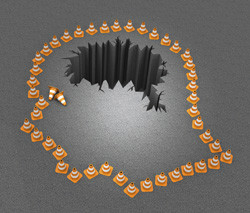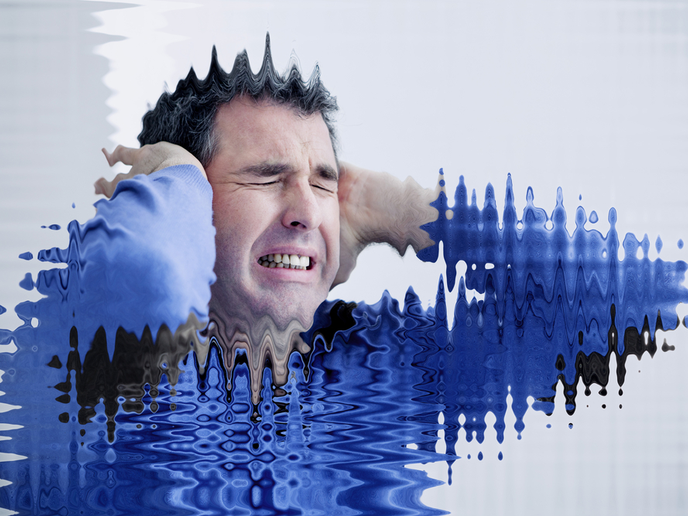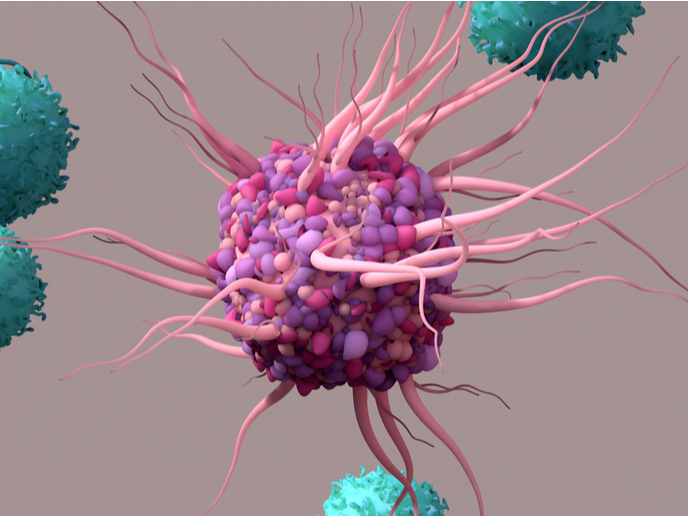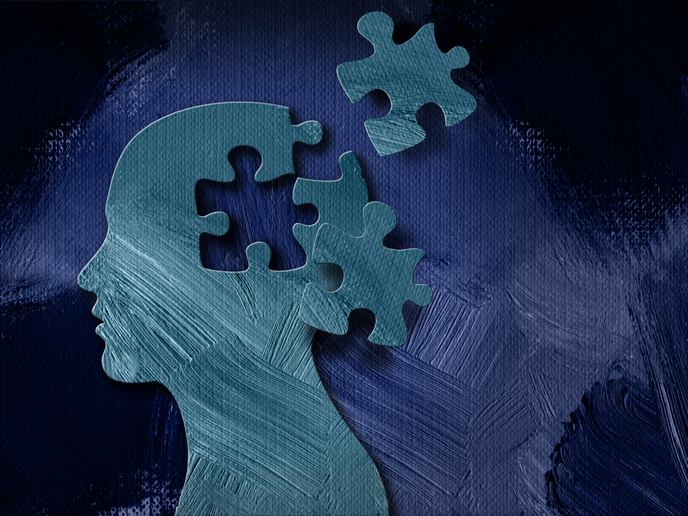Tiny warriors fight Alzheimer's
Dementia affects more than 24 million people globally with one new case diagnosed every seven seconds. Three million of the 5 million cases in Europe are classified as AD, the most common form of dementia. As the aging population continues to grow, the numbers are expected to rise dramatically. Amyloid deposits in the brain are characteristic of AD but treatment is ironically complicated by the protective-in-function blood - brain barrier. This barrier has prevented the use of simple oral or nasal interventions to deliver drugs through the blood to the targeted area in the brain. EU-funded scientists working on the project 'Nanoparticles for therapy and diagnosis of Alzheimer Disease' (NAD) exploited nanoparticles to do the job. Their very small size imparts powerful functionalities to nanoparticles such as enhanced contrast during imaging procedures and crossing the blood - brain barrier. NAD functionalised a variety of nanoparticles including liposomes, solid lipid nanoparticles and polymeric nanoparticles. Through positron emission tomography and magnetic resonance imaging, researchers' demonstrated that these nanoparticles could disaggregate and remove amyloid deposits, restoring impaired memory in animal models. The amazing success of the multi-functionalised nanoparticles of various types has been recognised internationally. The project won second place in the 'Best Completed Project Contest' with the award presented by the Director responsible for Research and Innovation in the European Commission. Outcomes resulted in more than 50 publications in international peer-reviewed scientific journals and four international patent applications. Demonstrated combined diagnosis and therapy of AD with orally or nasally administered nanoparticles is an exceptional advance in the war against a devastating disease. This technique opens the door for treatment of other central nervous system disorders through nanoparticle-based diagnostics for an even broader spectrum of diseases. This will enhance the quality of life for millions of patients and their families through better health while dramatically increasing EU industrial competitiveness.
Keywords
Alzheimer's disease, dementia, amyloid, blood - brain barrier, nanoparticles, liposome, lipid, polymeric, diagnosis, therapy







